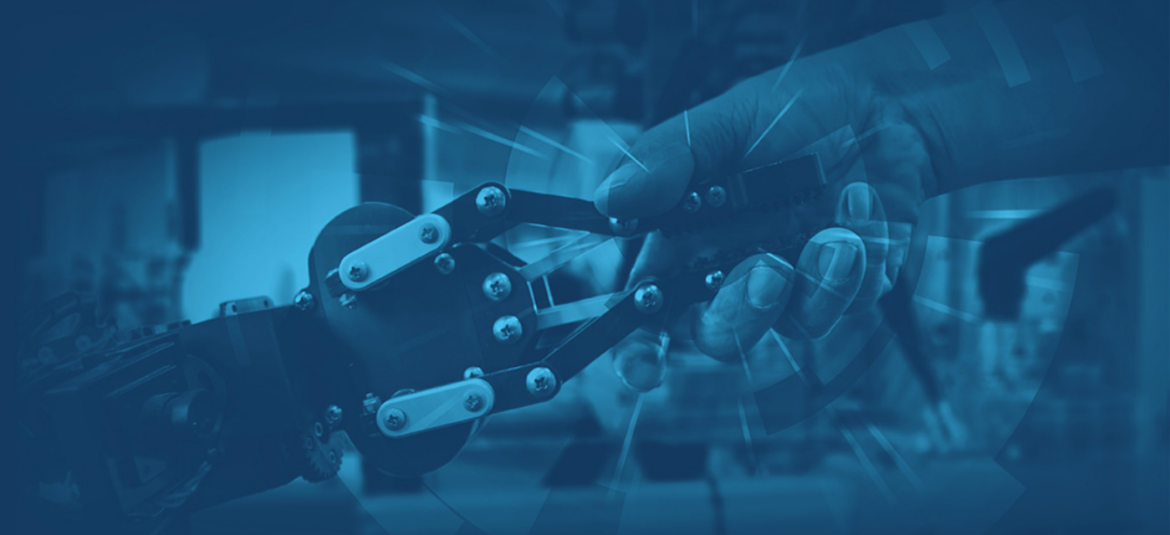The Smart Factory 4.0 program
Increasing industrial performance by combining human and artificial intelligence helps to meet the ambition of Smart Factory 4.0, which is to make production more flexible, responding to increasingly personalised customer demand and providing transparency about products’ journeys – from their manufacture to the hands of the end customer – while respecting costs, quality and deadlines and minimising its environmental footprint.
Context and challenges of the Smart Factory 4.0 program
The concept of Industry 4.0 appeared in the early 2010s and refers to the digitalisation of the design, development, production and maintenance processes of products and services, boosted by artificial intelligence. The solutions using these new digital technologies and the associated gains must be integrated into an existing environment, which is often not conducive to change. For François Portier, Director of ALTEN’s Smart Factory 4.0 Research Programme, it must above all serve people: “Revolution 4.0 must be for the benefit of people, providing them with all the information they need to make predictions and decisions, of which they remain in control.”
The Smart Factory 4.0 research program deals with the technical fundamentals of the factory of the future, such as the IoT (Internet of Things), digital twins, AI, augmented reality, robotics, the integrated computer system and cybersecurity.
For example, digital twinsprovide a virtual replica of the real world in real time, to aid in monitoring Key Performance Indicators (KPIs) for optimal plant management. Similarly, digital twins can simulate and propose different scenarios to plant operators and predict the result of various KPIs. This digital continuity entails consequential issues of cybersecurity to secure all levels of data management.
It also incorporates the environmental urgency to drastically reduce current production systems’ carbon footprint.
The nine projects of the Smart Factory 4.0 Research Programme cover most of the major technological challenges of the factory of the future:
- Real-time predictive maintenance of machine lifespans
- Smart energy management
- The distribution of on-board intelligence via Autonomous Guided Vehicles
- The digital twin of production processes
- The digital twin of internal logistics
- Robotics, including the design of a universal gripper
- Digital continuity for additive manufacturing
- Prediction of occupational accidents
- The convergence of production and business management information systems and their security against cyberattacks
All these projects are or will be tested with our partners in an industrial environment to confirm their feasibility and assess their added value.
Innovation in industry: human at the heart of Factory 4.0
Dive into the factory of the future.



